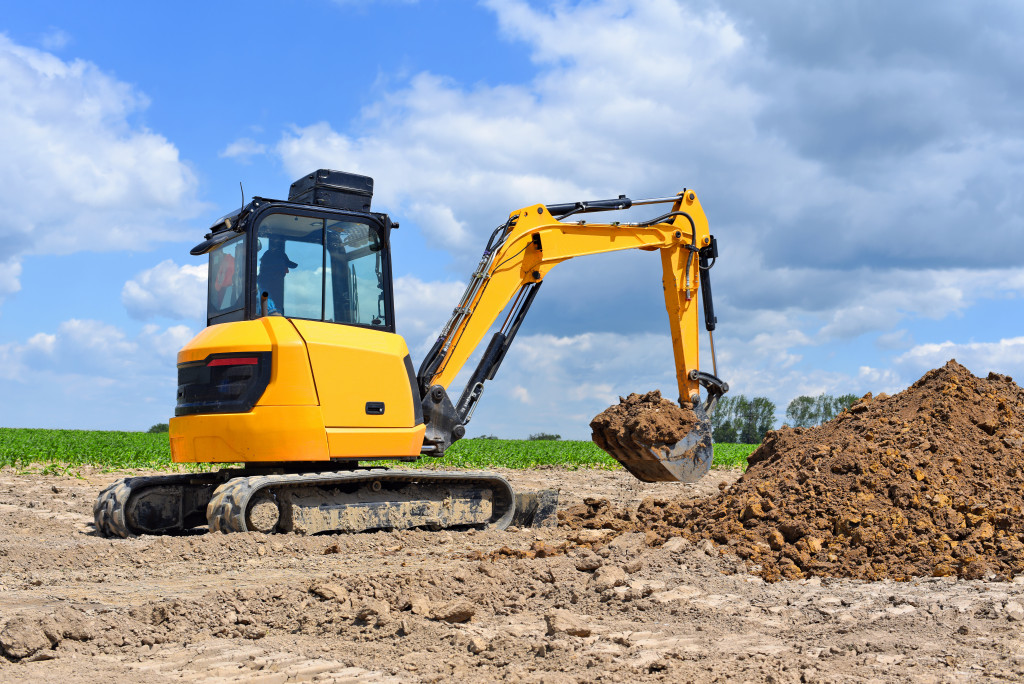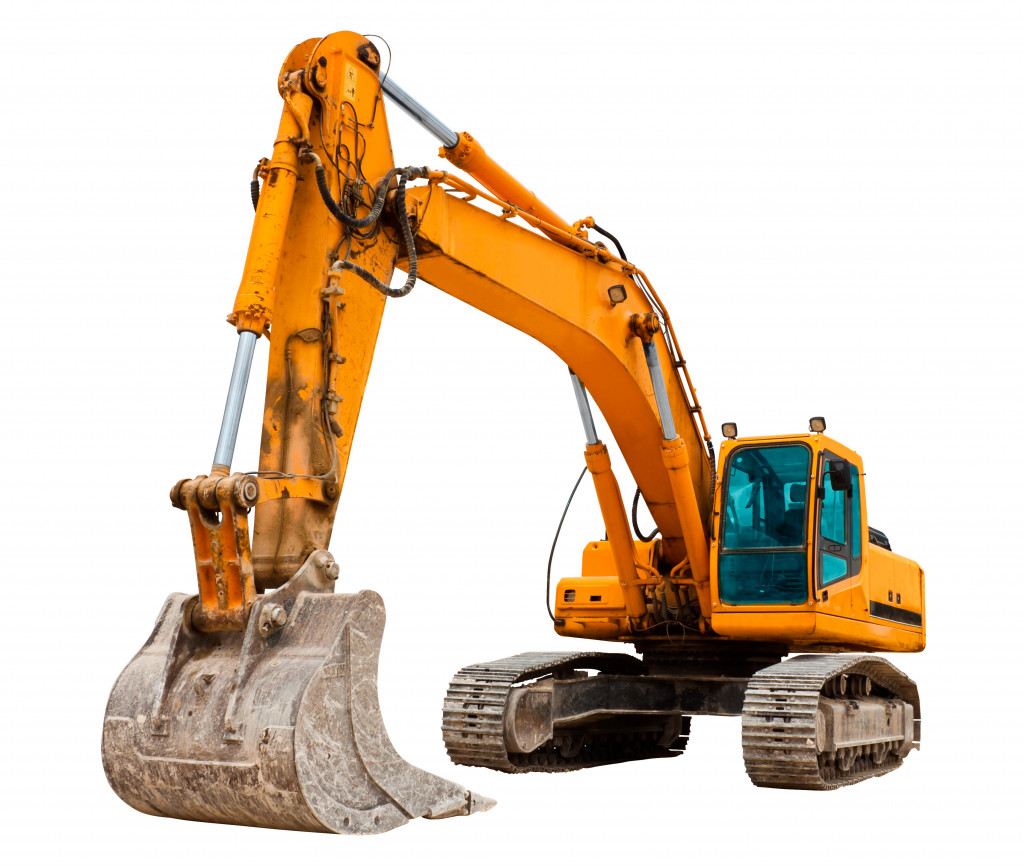Excavators utilize a combination of steel, oil, hydraulics, and high-powered engines. But just like every other machine, these things still require some skill to maintain and repair through time.
One of the most useful and commonly utilized heavy construction equipment is an excavator. Needless to say, this heavy machine comes in handy in, if not all, most construction projects. But to be able to benefit from its full utility, it requires regular maintenance. Excavators are pricey tools, so they can be costly to repair, too. Operators should be prompt about preventive maintenance to avoid inconvenience and delayed projects too.
Excavators need to have their engines regularly maintained. These machines can weigh tens of thousands of pounds and dish out horsepower by the thousands, so it’s not surprising that they need some T.L.C. Here are some parts and maintenance tips for each you should know about.
Water Separator
The easiest to maintain and most commonly overlooked part of an engine is the water separator. This collects any water left in your fuel and lets it settle in the bottom of a small container. At the same time, the denser water settles on the bottom, fuel floats and runs to the fuel injectors. If water somehow gets into the fuel injectors during machine operation, the heat might cause them to steam, resulting in rust and corrosion inside the system. It’s recommended that water be drained from the separator regularly, if not daily, to prevent these kinds of mishaps.
Hydraulic System
Another critical part of an excavator is the hydraulic system. Excavators use a variety of hydraulics to move their parts like the boom, bucket, and more. With an overwhelming number of parts depending on the hydraulic system, it’s surprising that it’s one of the most overlooked components of the machine.
A buildup of dirt and debris can cause lubricants to dry up and seize up components altogether. This can cause excess friction and wear on the moving parts. Regular cleaning and inspection on hydraulic and engine fluid levels are recommended. Low hydraulic fluid levels may be an indication that there is a leak somewhere. But for most modern and top dollar excavators will have sensors that will tell you exactly where the problem area is.
Coolant
Engine coolant temperatures should also be closely monitored. Over time, additives in the coolant will no longer initiate heat transfer. Instead, it’ll cause hot spots inside the engine. Built-up debris can prevent the coolant from operating efficiently, which can cause overheating. Constant overheating can damage the engine and may even lead to engine failure. That’s why operators should follow the manufacturer’s instructions on when these products should be replaced.

Operator’s Seat
The cab houses the control unit for the whole machine and can be equipped with sensor displays for parts and functions. Before starting their shifts, operators should never forget to check these controls and other complementary safety and monitoring systems.
Connection Points and Moving Parts
Grease each pin, bushing, and all its other parts. It’s also essential to ensure that every bolt is secured tightly to prevent them from falling off. Maintaining the track becomes especially troublesome in winter when ice and frozen debris start to cause additional wear on the components.
Track Tension
Track tension should also be taken into account. If the tracks are too tight, it can cause premature wear. If it’s too loose, it’ll give any operator a hard time maneuvering the equipment. That’s why some operators prefer rubber tracks since it is more reliable. They reduce vibrations, noise, and the damage inflicted on road surfaces. They operate much better on softer terrain too.
Losing Bucket Teeth
Last but definitely not least would be the bucket. Being the part that has the most contact with the ground, buckets sometimes lose their teeth. To prevent this, clean the bucket from rust and corrosion regularly. Rust and corrosion weaken its structure and can result in the formation of holes.
Conclusion
Regular maintenance and learning about the possible problems it can have are two crucial steps to prolong the life of an excavator. If owning one sounds like a big responsibility, and that’s because it is. This powerful tool can make house renovations and construction of buildings possible.
It’s important to note that excavators shouldn’t only be managed responsibly. They should also be used responsibly. Limiting its utility to its intended use and strictly having licensed operators handle these machines should be observed. It can be too complex and too dangerous for just anyone to use.

